Posted on 3/28/2025

If your headlights flicker when you hit a bump, it’s more than just an annoyance—it’s a sign something’s not right. Headlights are meant to provide steady illumination, and any disruption in power can compromise visibility and safety. Common causes include loose connections, faulty bulbs, worn wiring, or issues within the headlight housing itself. Ignoring the problem can lead to complete headlight failure, making night driving dangerous and increasing the risk of accidents. A Loose Connection One of the most common reasons headlights flicker when you hit a bump is a loose wiring connection, either at the headlight housing itself or somewhere along the circuit. As your vehicle moves, especially over rough pavement or potholes, vibrations can cause intermittent contact—making the lights cut in and out briefly. Sometimes the headlight connector isn’t fully seated, or the retaining clip isn’t holding it in place. This ca ... read more
Posted on 2/28/2025
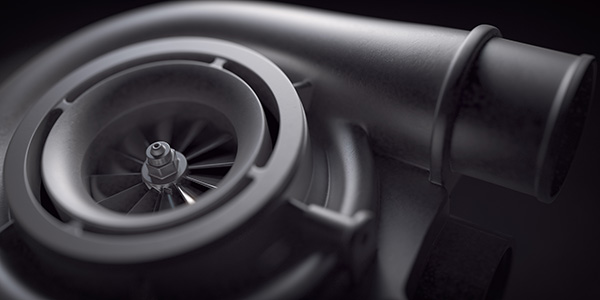
Turbochargers are built to enhance engine performance by forcing more air into the combustion chamber, delivering increased power and efficiency. While some noise is expected, a high-pitched whining or whistling sound could mean trouble. If your turbo starts making unusual noises—especially when accelerating or idling—it may indicate wear, leaks, or internal damage. Addressing the issue on time can help prevent costly repairs and keep your engine running at its best. So, what’s causing the noise, and what can you do about it? Common Causes of Turbo Whining or Whistling NoisesBoost Leaks or Loose Hoses One of the most common causes of a whistling turbo is a boost leak. The turbo system relies on airtight connections between the intercooler, intake, and other components to maintain proper pressure. A cracked hose, loose clamp, or failing gasket can allow pressurized air to escape, leading to a noticeable whistling sound under acceler ... read more
Posted on 1/31/2025
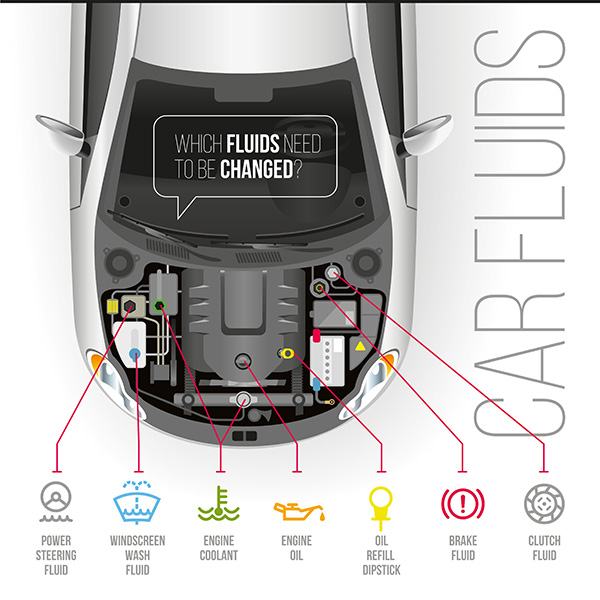
Car maintenance is about more than just oil changes and tire rotations. While most drivers remember to take care of the basics, there are several critical services that often get overlooked—until they lead to costly repairs. Neglecting these essential maintenance tasks can hurt your vehicle’s performance, safety, and longevity. If you want to keep your car in top shape, paying attention to these overlooked services is key. Transmission Fluid Change Your transmission is one of the most important—and expensive—components of your vehicle. Yet, many drivers rarely think about the condition of their transmission fluid. Unlike motor oil, transmission fluid doesn’t burn off, but it does break down over time. Dirty or old fluid can lead to slipping gears, rough shifting, and even transmission failure. Depending on your vehicle and driving conditions, you should have the fluid changed every 30,000 to 60,000 miles. Brake Fluid Replacement ... read more
Posted on 12/21/2024
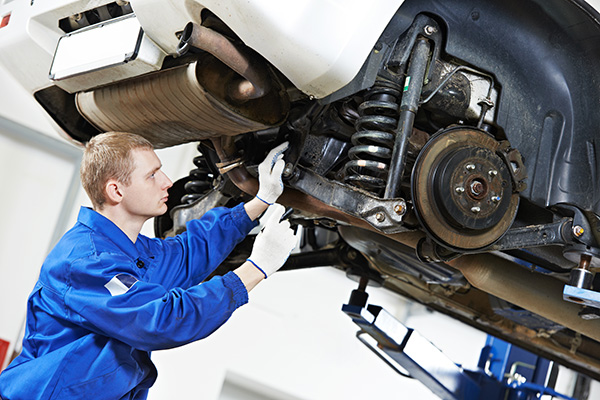
When the temperatures drop, your car might not feel the same on the road. While most drivers focus on tire pressure or battery performance during the colder months, your suspension system also takes a hit. Ever wondered why your ride feels harsher in the winter? We'll explain how cold weather impacts your car’s suspension—and what you can do to keep things in check. What Happens to Suspension Components in the Cold Your suspension system is made up of several parts, including shocks, struts, springs, and rubber bushings. Each of these components plays a role in absorbing road vibrations and ensuring a comfortable ride. But when the temperature drops, these parts can behave differently. Rubber bushings, for example, tend to stiffen up in the cold, reducing their ability to cushion the connection points in your suspension. This stiffness can lead to more vibrations and a rougher ride. Similarly, shocks and struts rely on hydraulic fluid to absorb road ... read more
Posted on 11/29/2024
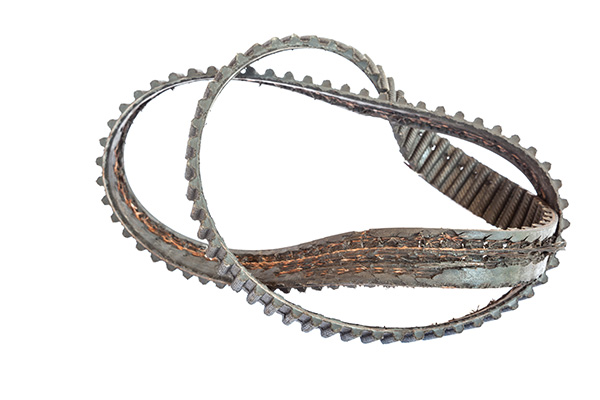
Driving down the road, you probably don’t give much thought to your car’s timing belt. This critical component plays a big role in keeping your engine running. But what happens if the timing belt suddenly gives out while you’re on the move? It can cause serious damage to your vehicle. Let’s see what you need to know about timing belt failure and how to avoid a costly repair situation. The Role of the Timing Belt The timing belt isn’t just another part of your engine—it’s fundamental. It ensures that the engine’s crankshaft and camshaft rotate in perfect synchronization. This coordination allows the valves to open and close at the right moments, so air and fuel enter the engine and exhaust gases exit without interference. In most vehicles, timing belts are made from durable materials like rubber with reinforced fibers, designed to withstand years of wear. However, even the strongest belts have a lifespan. Over time, the ... read more
Posted on 10/31/2024
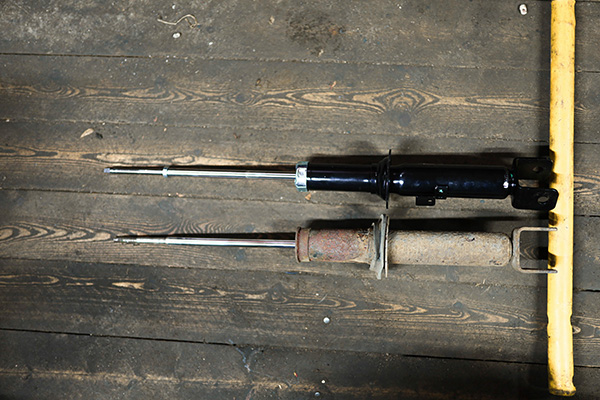
If you’ve ever wondered why your ride feels a little rougher or why your car seems to bounce more than usual, it might be time to check your suspension. Shocks (or shock absorbers) are critical in providing a smooth, controlled ride, ensuring your tires maintain contact with the road. When they start to wear out, your vehicle’s handling and comfort can take a serious hit. So, how can you tell if your car’s shocks are worn out? Let’s explore the signs indicating it’s time to inspect your shocks. What Are The Shocks Absorbers Shocks are part of your vehicle’s suspension system, working alongside struts, springs, and other components to absorb impacts from the road. They help control the movement of the vehicle’s springs, preventing excessive bouncing or swaying. In other words, they keep your car stable and comfortable to drive, especially on uneven terrain. You could experience poor handling, longer stopping distances, and eve ... read more
Posted on 9/27/2024
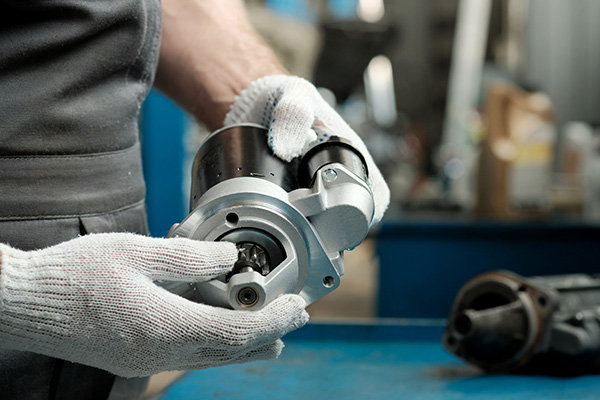
There’s nothing more frustrating than getting into your car, turning the key, and hearing… nothing. A car that refuses to start can send anyone into panic mode, especially when you're in a hurry. But before you stress out or immediately call for help, understanding the common reasons behind why a car won’t start can help you identify the issue—and possibly even fix it yourself. From battery issues to fuel problems, let’s explore the most common culprits behind a non-starting vehicle and what you should do next. 1. Battery Issues One of the most frequent reasons a car won’t start is a dead or weak battery. The battery provides the initial electrical power needed to start the car, and if it’s drained or faulty, you might hear nothing but a clicking sound or no sound at all when you turn the key. This issue can happen for a variety of reasons, including leaving the lights on, extreme weather conditions, or an aging battery ... read more
Posted on 8/27/2024
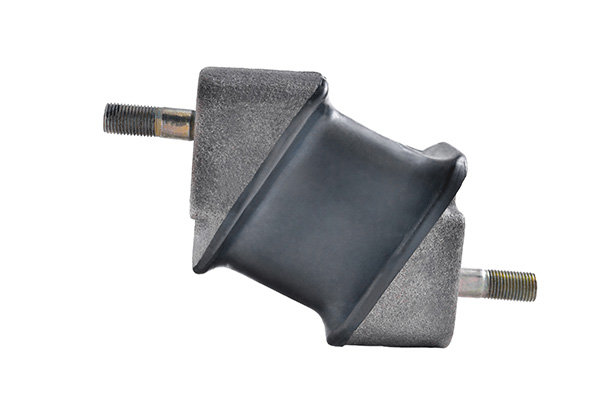
Your vehicle is a complex system of moving parts working together to keep you on the road. While some components are more visible and talked about—like the engine or the transmission—others are just as essential, even if they operate quietly behind the scenes. The engine and transmission mounts are crucial yet often overlooked parts of your vehicle. These small components play a significant role in your driving experience by ensuring that your car’s engine and transmission stay securely in place, preventing unwanted vibrations and wear. Engine and Transmission Mounts To put it simply, engine and transmission mounts are brackets designed to hold your car’s engine and transmission in place. These mounts are usually made of metal and rubber or a combination of both. The metal portion serves to secure the engine and transmission to the vehicle’s frame, while the rubber component absorbs the vibrations generated by the engine as it runs. This ... read more
Posted on 7/29/2024
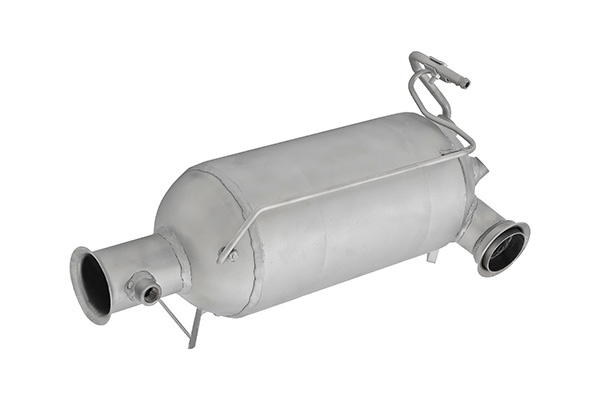
Owning a car comes with its fair share of maintenance responsibilities. One of the less frequently discussed but important components is the catalytic converter. This device reduces harmful emissions from your vehicle. But how do you know if it needs replacing? We will share the signs, causes, and processes involved in replacing a catalytic converter to ensure your car runs at peak performance and complies with environmental standards. What Is the Catalytic Converter The catalytic converter, located in your car's exhaust system, converts harmful pollutants in exhaust gasses into less harmful emissions before they exit the vehicle's tailpipe. It achieves this through chemical reactions facilitated by precious metals such as platinum, palladium, and rhodium. Signs Your Catalytic Converter Might Need Replacing Catalytic converters are designed to last the lifetime of a vehicle, typically around 100,000 miles. However, several factors can lead ... read more
Posted on 6/27/2024

When it comes to car safety, traction control is a feature that often gets overlooked. Yet, it is essential to keep your vehicle stable and prevent accidents, especially in slippery conditions. So, what exactly does traction control do, and how can you ensure it remains in top working condition? We'll explain why this technology is indispensable for modern driving. The Basics of Traction Control Traction control is an electronic system designed to prevent wheel slip during acceleration. When your vehicle's wheels lose grip on the road surface—whether due to rain, snow, ice, or loose gravel—traction control steps in to restore stability. It does this by automatically adjusting the power delivered to the wheels and, in some cases, applying brake force to individual wheels. How Traction Control Enhances SafetyPreventing Sk ... read more